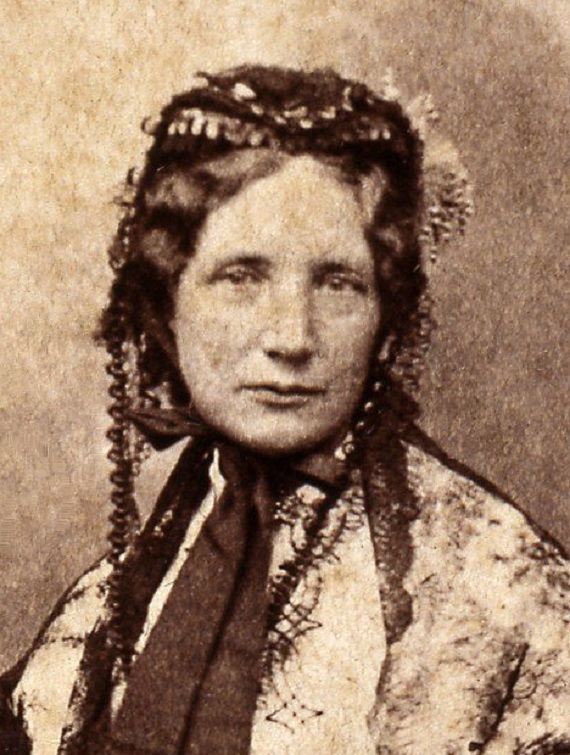Widely praised for his 2009 Cotton and Race in the Making of America, author Gene Dattel recently wrote an article titled “The Untold Story of Reconstruction,” in the September 2015 edition of The New Criterion.
Although predicting that the present Reconstruction Sesquicentennial shall result in “reams of material blaming the South for our racial conundrum” he concludes that all the “issues of Reconstruction circle back” to the toxic “attitudes of the white North toward blacks.” After commenting upon how the present demonization of Confederate symbols contrasts with the respectful reconciliation of opposing leaders such a Grant and Lee, Dattel cogently observes that while white Northerners may have opposed race-based slavery they disdained free blacks and wanted them excluded from society.
Even though blacks represented less than 2% of the population in the Northern states, as compared to 40% in the Confederate states, most white Northerners wanted blacks concentrated in the South. As Connecticut was freeing its slaves fifty years before the war Yale President Timothy Dwight wrote “[free blacks]…are generally neither able, nor inclined, to make their freedom a blessing. When they first become free, they are turned out into the world…fitted to make them only nuisances to society…[where] they waste much of what they earn…[and] are left as miserable victims to sloth…poverty, ignorance and vice.” Nearly sixty years later Connecticut voted against the Fifteenth Amendment, that granted male blacks the right to vote.
Although Yale students loudly proclaim a “need” to change the name of the John Calhoun residential college because of his racism, they are not objecting to the moniker of the Timothy Dwight residential college despite Dwight’s racism.
Another anti-slavery advocate holding low opinions of blacks was Lincoln’s Secretary of State, William H. Seward. When speaking in Detroit in 1860 he said, “The great fact is now fully realized that the African race here is…incapable of assimilation.” He only supported black suffrage in New York “because their numbers were negligible,” but he opposed it in Washington City where the blacks were numerous. Dattel sagaciously observes that the number of blacks in a locale became the critical fact throughout the African-American experience
“Northern opposition to slavery is a half-story that whitewashes American History.” One example is Congressman Wilmont’s Proviso after the Mexican War. If approved, the Proviso would have prohibited the expansion of slavery into US territories that had not yet been organized as states. However, Wilmont actually referred to the bill as the White Man’s Proviso because he wanted to reserve such territories exclusively for whites. By any other name that was racial segregation. Wilmot said, “I plead the case of…white free men…It is not true that the defenders of the rights of free [white] labor…seek [equality]…of the black race…with the white.”
The list goes on. Lincoln’s Treasury Secretary, Salmon Chase, thought emancipation would motivate Northern blacks to move to the South. In 1862, when blacks comprised less than 1% of the Illinois population, the state’s soldiers voted three-to-one to deny the blacks the right to vote. Massachusetts and Illinois each refused to resettle contrabands (slaves behind Union lines) to their states during the war.
The North’s solution was confinement of slaves to the South. Massachusetts Congressman George Boutwell proposed resettling Florida, Georgia, and South Carolina exclusively with African-Americans. He also warned white voters in his state that if his political agenda for mandatory black suffrage in the South (but not the North) failed, a massive migration of blacks to the Northern states could be expected where the ex-slaves would compete for jobs with white workers.
The adamantly anti-slavery Chicago Tribune wrote, “The greatest ally of the slaveholder…is the apprehension…that if slaves were liberated, they would become roaming, vicious, vagrants; that they would overrun the North.” Four years before the Civil War the free state of California sent black inmates to be sold as slaves in New Orleans.
While some modern historians lament that President Andrew Johnson was not impeached from office, readers should consider the racial attitudes his designated successor who was Senate Pro Tempore Ben Wade of Ohio. Wade loathed blacks. In 1851 he labeled Washington as a “mean God forsaken nigger place.” Twenty-two years latter he sought to hire a white servant because he was “sick and tired of niggers.” Wade preferred blacks “at a distance.”
A few months before Lee’s surrender The New York Times declared, “White ingenuity and enterprise ought to direct black labor” in order to return cotton to volume production. After the war many former Union soldiers went South with such ambitions. The great majority failed miserably even after buying plantations at bargain prices only to realize later that they lacked the skills to grow cotton profitably.
One plantation buyer used $10,000 received from his mother, Harriet Beecher Stowe. His mom joined her son on the Florida plantation. She lost her entire investment but not before concluding that blacks should not be given the vote. She wrote of the “animal content” and “irrepressible nervous system” of former slaves. She also concluded that black children should be largely educated to learn practical skills such as sewing for the girls and agriculture for the boys.
Northerners were too much preoccupied with the pursuit of wealth that seemed abundant during the Gilded Age to be concerned with blacks beyond merely wishing that stay in the South. After the completion of Ulysses Grant’s embarrassingly corruption-prone Presidency, Wisconsin Senator Matt Carpenter summed up the attitude of most Northerners by concluding it was time to “turn…attention from politics…to trade and business.”







